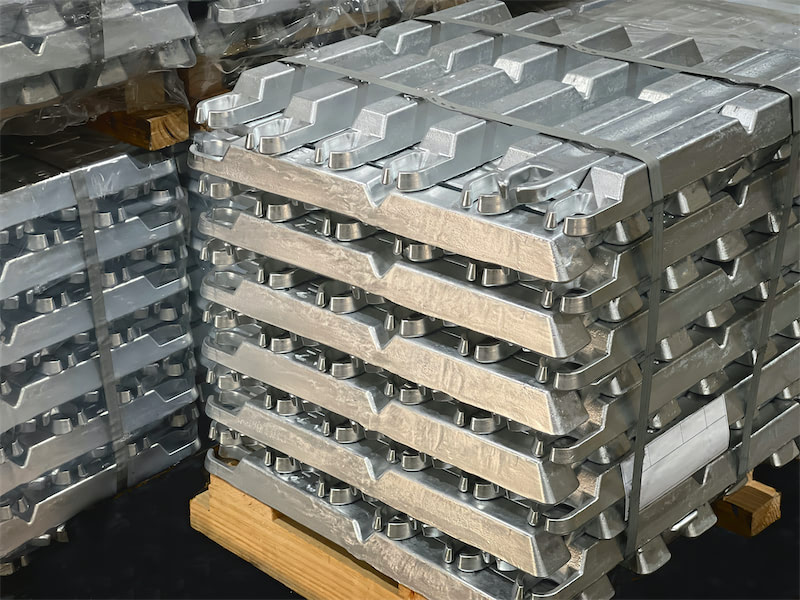By Paul Ploumis
SEATTLE (Scrap Monster): The latest data published by the NGO Shipbreaking Platform suggests that majority of shipbreaking activity ended up in unsafe tidal beaches in South Asia. The compiled data suggests that there has been not much improvement in management of scrapped vessels by the worldwide shipping industry.
During 2016, a total of 862 vessels were sent for scrapping. Out of these, 668 ended up in tidal beaches in South Asian countries such as Bangladesh, India and Pakistan, where they are dismantled manually. The dangerous working conditions at these beaches are found to violate international hazardous waste management laws. The ship dismantling activities at these beaches accounted for nearly 87% of the total tonnage dismantled globally. The number of end-of-life ships sent to beaches registered significant increase over the previous year, despite several efforts to curtail unsafe ship breaking.
According to data, 84% of all EU ships ended up in India, Bangladesh or Pakistan during the previous year. Amongst all shipping nations, Germany recorded the worst shipbreaking practices, by sending 98% of obsolete ships to beaches. Out of the 100 end-of-life ships sold for scrap by German ship owners, 98 landed in South Asian beaches. Surprisingly 40% of them were sent to beaches in Bangladesh, which are notorious for most unhealthy and dangerous shipbreaking practices. The owners cited for non-sustainable ship recycling include Hansa Mare, Alpha Ship, F. Laeisz, Peter Doehle, Dr. Peters, König & Cie, Norddeutsche Vermögen and Rickmers. Greece sold the highest absolute number of ships to South Asian ship breaking yards during the year.
Patrizia Heidegger, executive director of the NGO Shipbreaking Platform noted that unsafe practices at beaches have exposed communities and environment to serious pollutions and casualties. The fire following a massive explosion from tanker beached in Gadani, Pakistan had killed 28 and injured more than 50 workers in November 2016. A recent fire incident at the same site had killed 5 workers. Various incidents at Bangladeshi shipbreaking yards resulted in 22 deaths and nearly 30 serious injuries during the year. Fatal deaths were reported at Alang shipbreaking yard in India too.
The EU Ship Recycling Regulation, adopted in 2013, requires that all large sea-going vessels sailing under an EU Member State flag to use an approved ship recycling facility at the end of their life. As per the regulation, all approved yards are required to meet minimum environmental and worker safety standards.
The European Commission (EC) had recently published a list of 18 approved ship recycling facilities in the EU region countries such as France, Lithuania, the UK, Belgium, Denmark, Latvia, the Netherlands, Poland, Portugal and Spain. The Commission had noted that all the listed shipyards have exclusive rights to recycle ships flying the flags of Member States of the European Union. The Commission is expected to publish a follow-up list during this year by including non-EU yards.
![Before the holiday, the black chain is unlikely to see a trend-driven market [SMM Steel Industry Chain Weekly Report].](https://imgqn.smm.cn/usercenter/zUFfM20251217171748.jpg)

![The Most-Traded SHFE Tin Contract Opened Lower and Then Traded Stronger, Spot Market Recovers Amid Downtrend [SMM Tin Midday Review]](https://imgqn.smm.cn/usercenter/WWXJU20251217171753.jpg)
